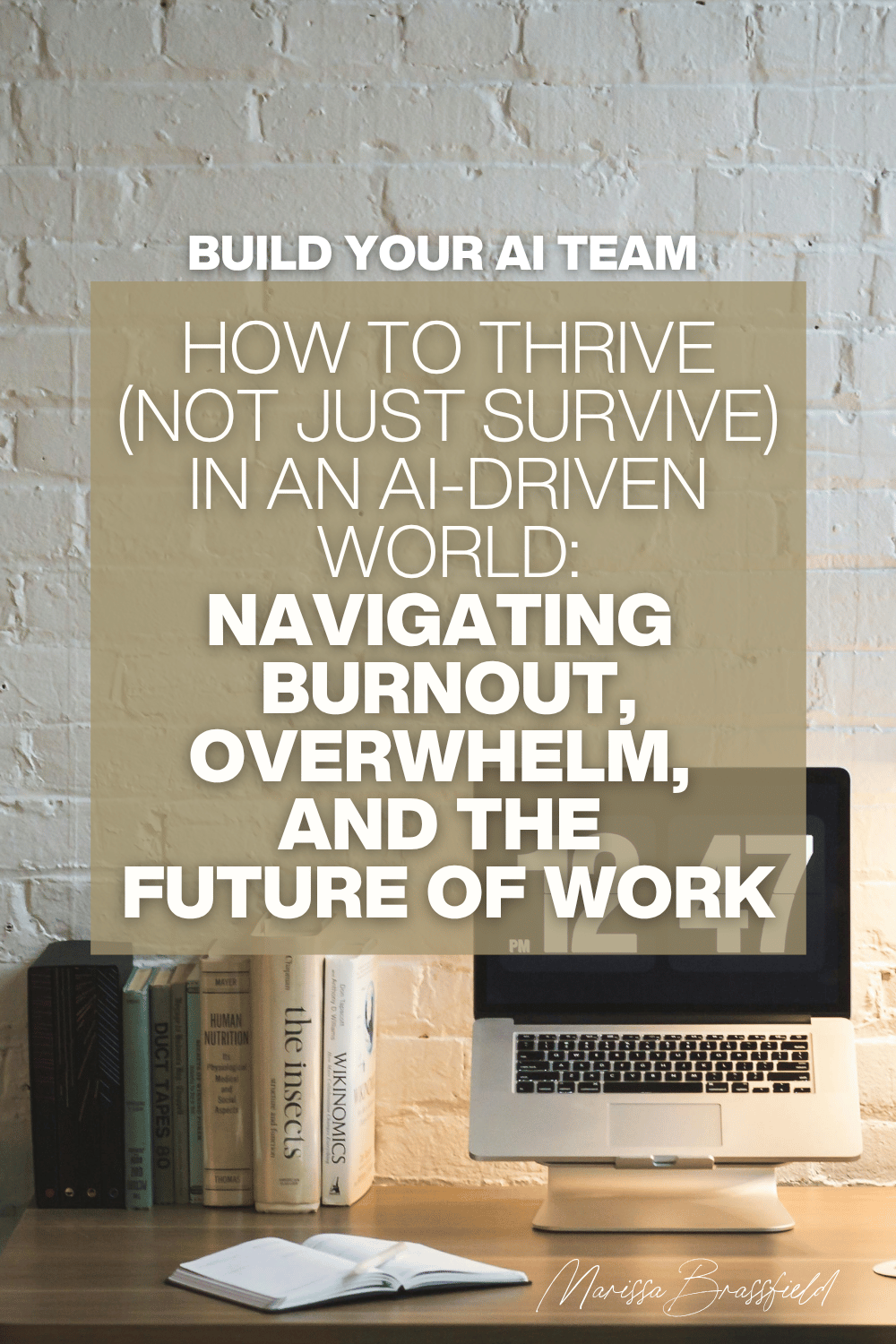Artificial intelligence (AI) is quickly becoming an integral tool for businesses and organizations to maximize productivity and efficiency. When used correctly, AI can improve decision-making and productivity, allowing for more accurate and timely decisions. In this blog post, we’ll explore how AI can complement and enhance decision-making and productivity, and what this means for the future of work.
The Benefits of Artificial Intelligence for Decision-Making and Productivity
The use of artificial intelligence can help with decision-making and productivity in several ways. First, artificial intelligence can provide more accurate and timely data, which can be used to make better decisions. Artificial intelligence can also identify patterns and correlations that might be difficult for humans. This can lead to more process improvements, informed decisions, and better outcomes for businesses and organizations. Finally, AI tools can automate time-consuming tasks, freeing you up to focus on more important tasks.
All of this can lead to improved decision-making and productivity growth. AI tools can provide more accurate data, identify patterns, and automate mundane tasks, allowing for better decision-making and more efficient workflows. This can lead to improved customer service, better customer experience, and increased economic growth.
Artificial Intelligence and the Future of Work
Artificial intelligence is rapidly changing the way we work, and it’s likely to continue to do so in the future. Artificial intelligence can also open up new opportunities for businesses and organizations, such as creating new products and services or entering new markets.

Economic Performance and Artificial Intelligence
The performance of a business is largely dependent on the efficiency of its operations. Artificial intelligence can be used to improve this performance significantly. AI technology can be used to collect, interpret and analyze data to identify opportunities for cost savings, process improvements, and other strategies to improve economic performance.
AI tools can also be used to automate some of the more tedious or time-consuming manual processes, leading to an improved bottom line. Additionally, artificial intelligence can be used to anticipate future market trends and optimize the business’s strategy accordingly, helping to ensure that the business remains competitive and profitable. AI systems can thus be a powerful tool to help businesses improve their economic performance.
Artificial Intelligence as an Augmentation of the Human Brain
Davesh Rajadhyax speaks on how artificial intelligence is successful as an augmentation of human intelligence. Here's a quick summary of what he thinks:
- Artificial intelligence has the potential to assist humans in various fields, including medicine, education, and business.
- Examples of artificial intelligence's current use in improving healthcare outcomes, personalized learning experiences, and automating tasks in business are provided.
- The importance of using artificial intelligence as a complement to human intelligence rather than a replacement is emphasized.
- Ethical considerations in the development and use of AI tools are necessary.
Conclusion
Artificial intelligence is quickly becoming an important tool for businesses and organizations to maximize productivity and efficiency. Artificial intelligence can provide more accurate and timely data, identify patterns and correlations, and automate mundane tasks, leading to improved decision-making and productivity growth. Artificial intelligence can also open up new opportunities for businesses and organizations, as well as create more meaningful work. However, there are some challenges associated with artificial intelligence, such as implementation, cost, and trust. To maximize the benefit of artificial intelligence, businesses and organizations must be mindful of these challenges and address them accordingly.
Overall, artificial intelligence can be a powerful tool for businesses and organizations. When used correctly, AI can enhance decision-making and productivity, leading to improved customer service, better customer experience, and increased profitability. With the right approach, artificial intelligence can be a valuable asset for businesses and organizations.










Member discussion